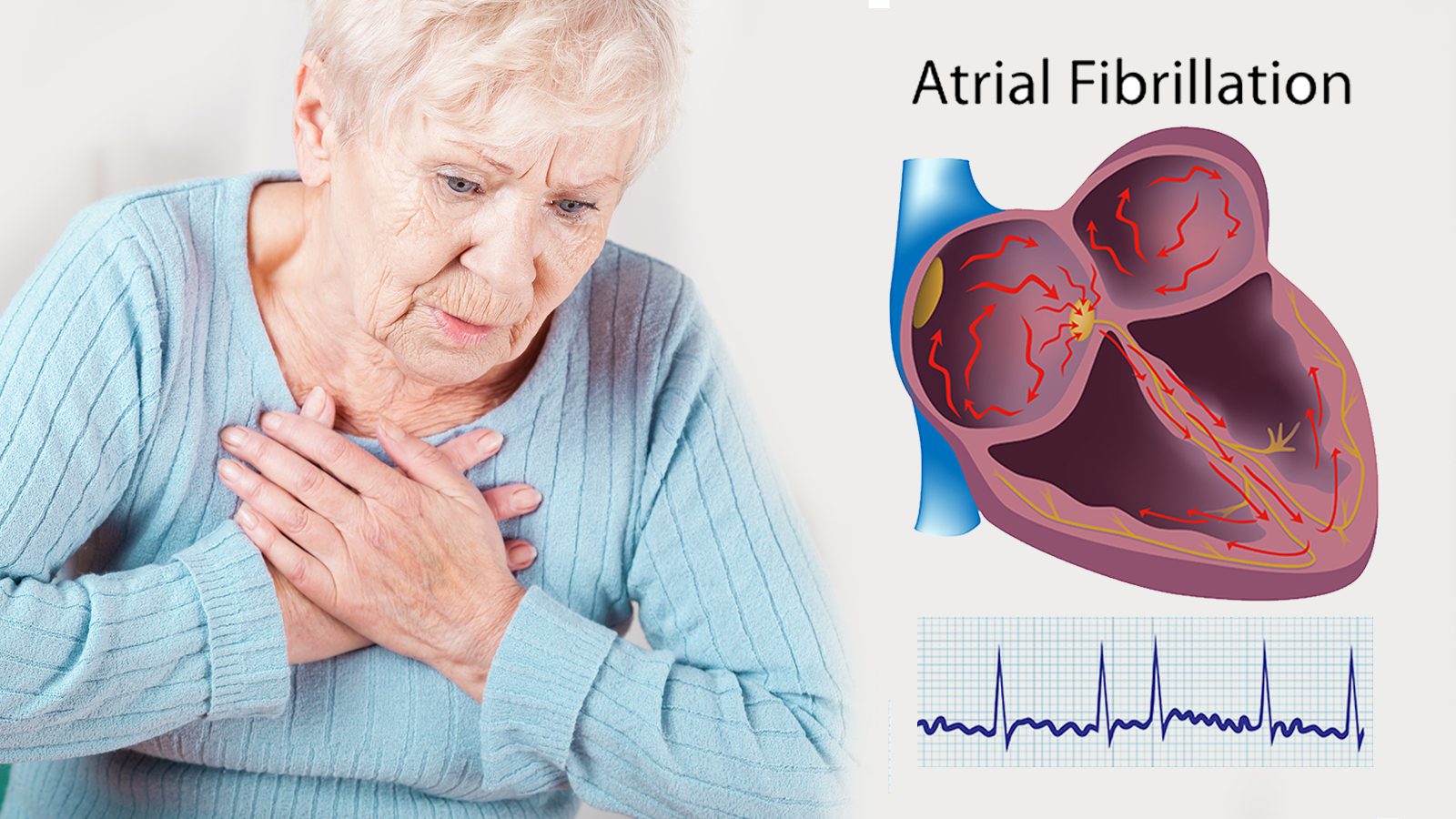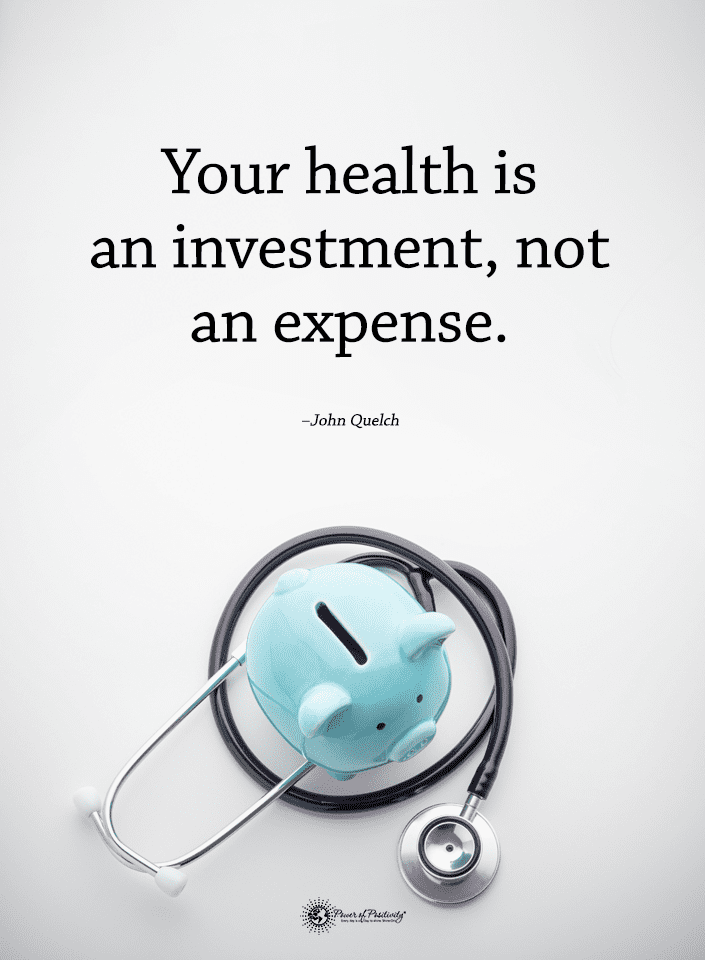Here’s why vitamin D looks promising for AFib protection.
A groundbreaking study conducted by the University of Eastern Finland has revealed that the intake of higher-than-recommended doses of vitamin D for five years can significantly reduce the risk of atrial fibrillation in older adults. Atrial fibrillation, the most prevalent arrhythmia, is a condition that escalates with age. It also connects to an elevated risk of heart failure, stroke, or other mortality.
The research received its funding from the Research Council of Finland, the University of Eastern Finland, the Juho Vainio Foundation, the Finnish Foundation for Cardiovascular Research, the Finnish Diabetes Research Foundation, and Finnish Cultural Foundation, and Medicinska Understödsföreningen Liv och Hälsa.
This research is a beacon of hope for those at risk of atrial fibrillation. It underscores the potential of vitamin D as a prevention strategy against this common heart condition. The study’s findings are particularly significant given the increasing global prevalence of atrial fibrillation, which doctors project will double by 2050 due to the aging worldwide population. The potential of vitamin D supplementation to mitigate this risk could have far-reaching implications for public health strategies, patient care, and the overall burden of cardiovascular diseases on healthcare systems worldwide.
About the Study That Shows How Increased Vitamin D May Lower the Chances of Having Atrial Fibrillation in Older Adulthood

The research, known as the Finnish Vitamin D Trial (FIND), was carried out from 2012 to 2018. Its primary aim was to investigate the correlation between vitamin D supplementation and the likelihood of cardiovascular diseases and cancers. The study involved 2,495 participants, including men aged 60 or older and women aged 65 or older. The team placed these participants into three groups: a placebo group, a group taking a daily supplement of 40 micrograms (1600 IU) of vitamin D3, and another group taking a daily supplement of 80 micrograms (3200 IU) of vitamin D3.
In addition to the assigned supplements, all participants were permitted to consume their vitamin D supplement, up to 20 micrograms (800 IU) daily. This amount was the recommended dose for their age group at the onset of the study. The participants, free from cardiovascular disease or cancer at the start of the study, filled out comprehensive questionnaires about their lifestyle, nutrition, disease risk factors, and disease occurrence at the beginning and throughout the study.
Throughout the five-year study, 190 participants were diagnosed with atrial fibrillation:
- 76 from the placebo group
- 59 from the 40 micrograms group
- 55 from the 80 micrograms group.
The risk of atrial fibrillation was found to be 27% lower in the 40 micrograms group and 32% lower in the 80 micrograms group compared to the placebo group.
The FIND study is the first randomized controlled trial to demonstrate that vitamin D supplementation can reduce the risk of atrial fibrillation in generally healthy men and women. Previous research, limited to only two randomized trials, did not observe an effect when using doses of 10 micrograms (400 IU) or 50 micrograms (2000 IU) per day.
However, before doses of vitamin D that significantly exceed current recommendations can be endorsed for preventing atrial fibrillation, further validation of the results from the FIND study is required. The FIND study has previously published findings showing no association with the incidence of other cardiovascular events or cancers.
What Is Atrial Fibrillation?
Atrial fibrillation, often called AFib, is the most common type of heart arrhythmia or irregular heartbeat. It is characterized by a rapid and irregular beating of the heart’s atria, the two upper chambers. This irregularity is due to a malfunction in the electrical signals that regulate the heartbeat. The interrupted signals cause the atria to quiver or fibrillate instead of contracting normally.
The primary concern with atrial fibrillation is that it increases the risk of blood clots formation in the heart. These clots can circulate to other organs. Thus, they can lead to serious medical complications, such as a stroke. Moreover, atrial fibrillation can also lead to heart failure, where the heart can’t pump blood effectively to meet the body’s needs. The risk of having atrial fibrillation increases with age. It is often associated with other heart conditions, high blood pressure, excessive alcohol use, obesity, and diabetes.
How Else Can Vitamin D Benefit Human Health?
Vitamin D is a crucial nutrient for better health and is key to several bodily functions. Here are some of the key benefits of maintaining adequate levels of vitamin D:
- Supporting Bone Health: Vitamin D is pivotal in the body’s ability to absorb calcium, a mineral essential for strong, healthy bones. Bones can become thin, brittle, and misshapen without sufficient vitamin D. This is particularly important as we age. That’s when bone density naturally decreases, and the risk of conditions like osteoporosis and fractures increases.
- Boosting Immune Function: Vitamin D may enhance the function of immune cells, including T-cells and macrophages. Those are crucial to your body’s ability to fight off pathogens. This means that maintaining adequate vitamin D levels can help your body ward off infections and diseases more effectively.
- Reducing Inflammation: Chronic inflammation causes myriad diseases, including heart disease, diabetes, and cancer. Data shows that vitamin D can help lower the inflammation in your body. Thus, it potentially mitigates the risk factors for these conditions.
- Regulating Mood and Warding Off Depression: Vitamin D might play an essential role in mood regulation and avoiding depression.
Given these benefits, it’s crucial to maintain adequate vitamin D levels.
How to Get Enough Vitamin D
You can optimize your Vitamin D intake by doing these things:
- Eat a balanced diet with vitamin D-rich foods, like fatty fish, cheese, and egg yolks.
- Sensible sun exposure can also help the body produce vitamin D. However, it is crucial to balance this with the risk of skin damage.
- Taking vitamin D supplements can be a helpful tool. That’s especially true for those with difficulty getting enough vitamin D through diet or sunlight.
Any supplementation should occur only after you check in with a healthcare professional to ensure safety and effectiveness.
Final Thoughts on a Promising Connection Between Vitamin D and Decreasing Odds of Atrial Fibrillation
The findings from the Finnish Vitamin D Trial (FIND) study offer a promising insight into the potential of vitamin D supplementation as a preventive measure against atrial fibrillation. The study’s results showed a significant reduction in the odds of atrial fibrillation in older adults who took higher-than-recommended doses of vitamin D for five years. These findings are encouraging.
However, it’s important to remember that these findings are preliminary and further research is needed to confirm these results. The study’s vitamin D doses significantly exceed current recommendations. Therefore, it is worth mentioning that nobody should take such high doses without medical supervision due to the risk of vitamin D toxicity.
The potential connection between vitamin D and a decreased risk of atrial fibrillation is an exciting development in cardiovascular health research. It opens up new avenues for prevention strategies and highlights the importance of nutritional factors in managing heart health. Individuals should consult a primary care physician before starting any new supplementation regimen.



















